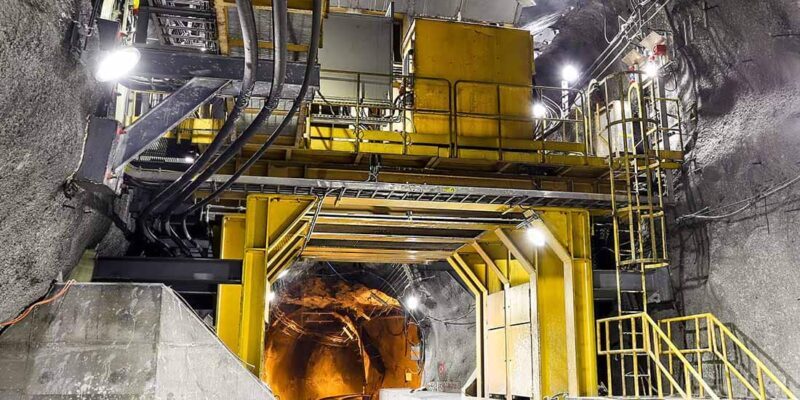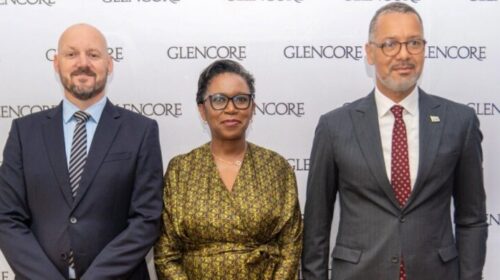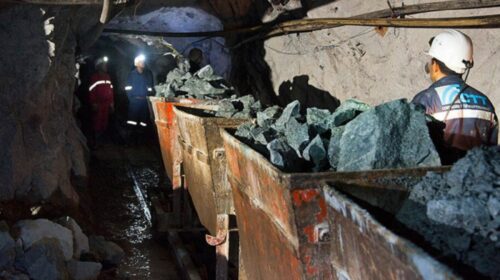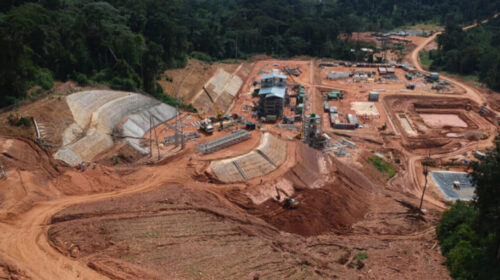DRC’s Mining Sector Consumes 1,400 MW, Generating $35 Billion GDP
The Democratic Republic of Congo’s mining sector consumes 1,400 MW of electricity, contributing $35 billion to the country’s GDP.
This information was shared by Minister of Hydraulic Resources and Electricity, Teddy Lwamba Muba, during a press briefing on July 18, 2024, alongside Communication and Media Minister Patrick Muyaya.
Lwamba highlighted that mining is a significant economic driver, stating, “For every 1 MW produced, approximately $20 million is generated in GDP.” He emphasized the importance of prioritizing energy allocation to the industrial sector to boost production.
Lwamba outlined the government’s strategic priorities for improving water and electricity services. He referenced the four main objectives of the government’s program: ensuring reliable water and electricity services, revitalizing economic growth through the electricity sector, investing in new infrastructure, and enhancing the regulatory and legal framework to foster a better business climate.
The minister detailed five key priorities for the electricity and water sectors:
–Sector Planning Documents: Develop a comprehensive roadmap outlining sectoral policies and objectives for the next three years. This initiative is already underway.
–Legal and Regulatory Reforms: Update existing laws, including the Electricity Law of 2014 and the Public Procurement Law, to recognize the electricity sector as strategic and enable special procedures.
–Infrastructure Development: Empower public authorities by installing photovoltaic cells on government buildings to enhance energy production.
–Interconnection Policy: Integrate the concept of “energy defense” by increasing domestic production to stabilize the economy.
–Major Project Scope: Shift the focus of projects like Inga from export-oriented goals to domestic development programs.
For water supply, Lwamba aims to provide planning elements, secure catchment sites nationwide, establish a regulatory authority for the drinking water sector, and improve existing laws to clarify the roles of Regideso and hydraulic activities in rural and peri-urban areas.
Lwamba also noted that the population is already experiencing improvements in electricity supply, reflecting his sector’s progress.
An electromechanical engineer by profession, Lwamba is determined to enhance access to water and electricity for the DRC’s citizens.
149 total views , 4 views today





